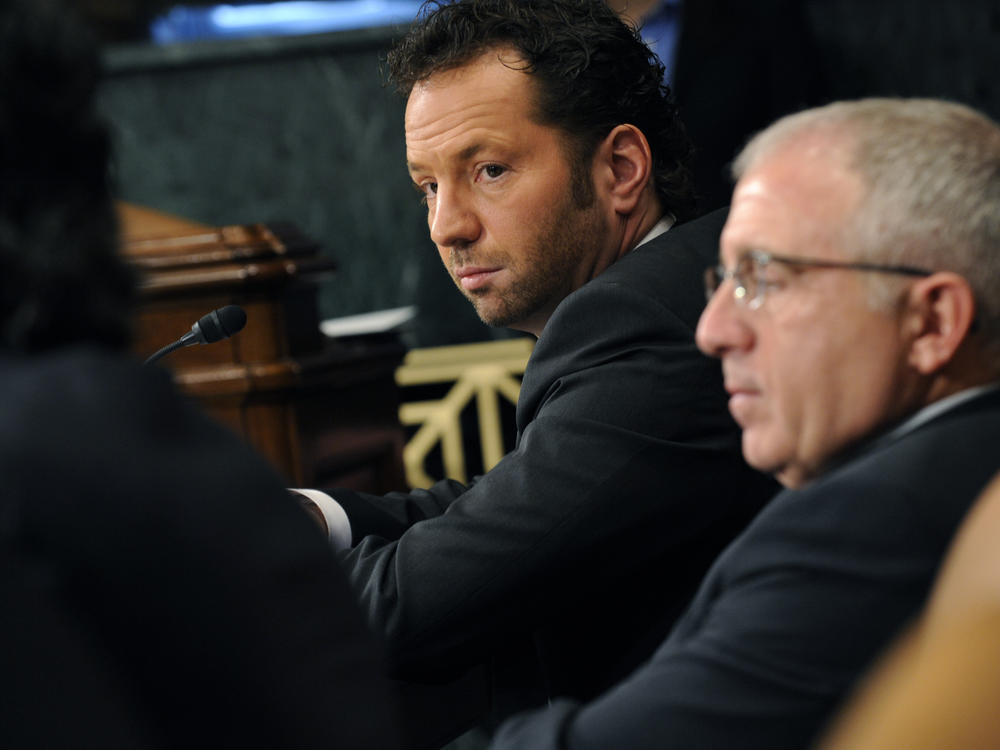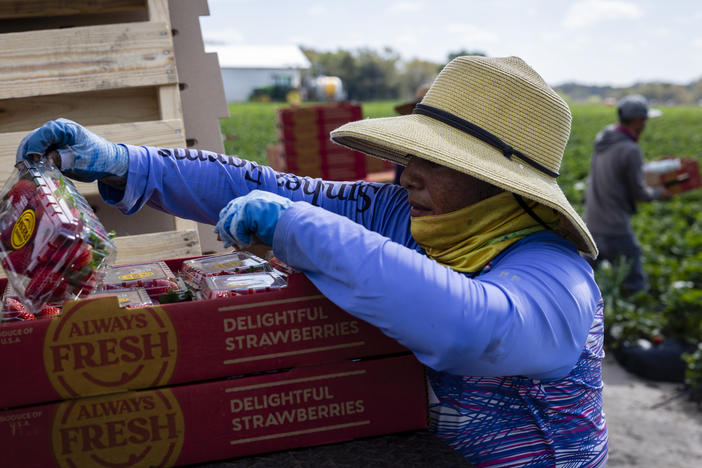Section Branding
Header Content
Senators slam Ticketmaster over bungling of Taylor Swift tickets, question breakup
Primary Content
It's been 13 years since the Justice Department allowed a merger between corporate giants Live Nation and Ticketmaster to go through, creating the largest live event company in the country, if not the world. The deal was subject to an agreement with the government that set certain conditions and limitations on the companies' operations, in order to prevent the conglomerate from becoming a monopoly.
"They said in the hearing it was something like 87% of the entire ticketing industry," says Variety senior editor Jem Aswad, "and it's hard to make a case that that's not a monopoly." Aswad joined All Things Considered following a Senate Judiciary Committee hearing Tuesday that focused on whether, after a Taylor Swift ticketing debacle in the fall and years of criticism from artists over anticompetitive practices by the company, a breakup of the two companies should be seriously considered.
To hear the full conversation, use the audio player at the top of this page.
Copyright 2023 NPR. To see more, visit https://www.npr.org.
Bottom Content




